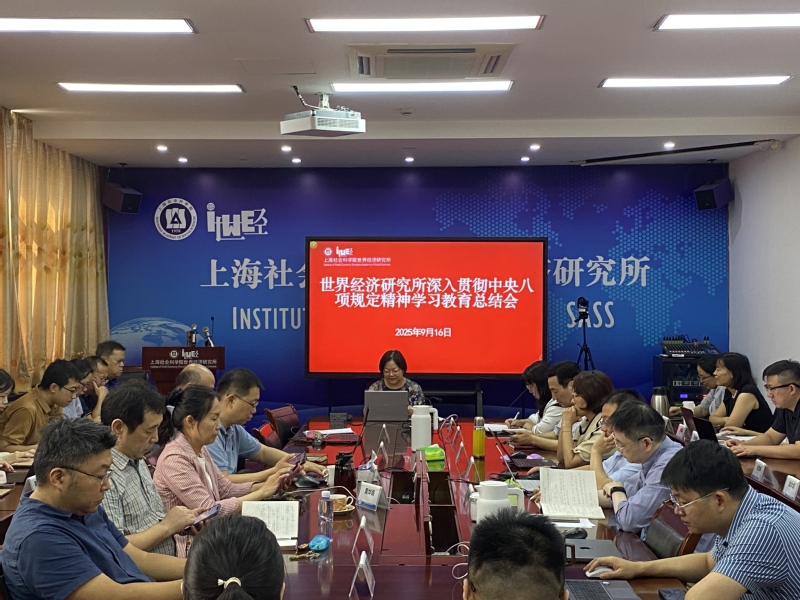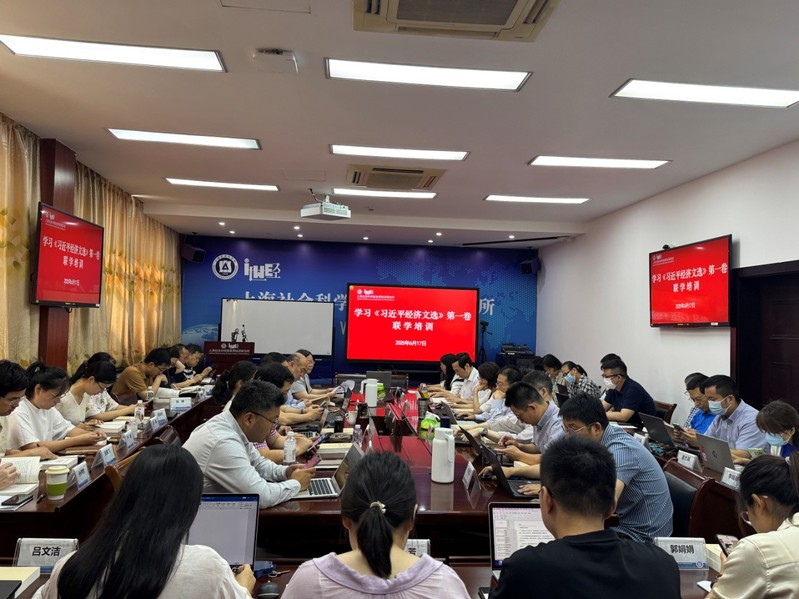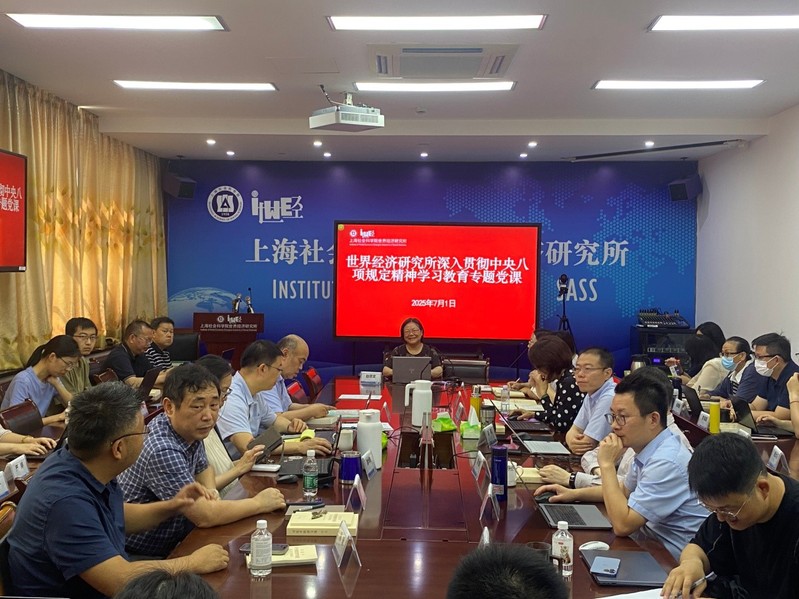Plans concerning the qualified domestic individual investors (QDII2) scheme have been submitted to the State Council for review, Wang was quoted as saying. According to the SSN, implementation rules covering the scheme are likely near completion and official testing could start as early as July 1.
The first two sites to trial the program will be
Wang's remarks on the progress of this investment protocol follow a series of steps by Chinese regulators and policymakers to liberalize the Chinese mainland's capital account. Under current capital control policies, individual investors in the mainland can only tap overseas financial markets through a limited number of fund products offered via the country's qualified domestic institutional investors (QDII) program.
Chinese authorities have been working quickly this year to get QDII2 testing off the ground. The PBC first announced the scheme in January, saying that it would actively prepare for trial implementation. In May, the State Council also announced that the mainland would establish a program to facilitate individual outbound investment when it called for plans to support full convertibility of the yuan.
Aside from furthering long-term liberalization goals, the QDII2 program is also likely meant to bolster
"Considering the location of the first two trial cities, I think the launch of QDII2 is mainly intended to stabilize
Yet current liquidity conditions in the mainland capital market mean that this may not be the best time to roll out QDII2 experimentation, Zhou speculated.
"I expect regulators will limit quotas under the QDII2 scheme to minimize capital drains which could impact investor confidence," Zhou said.
《QDII2 pilot plan moves forward: SSN》, Global Times,






